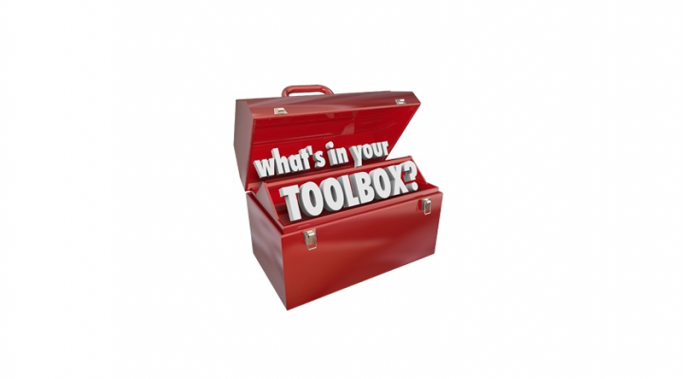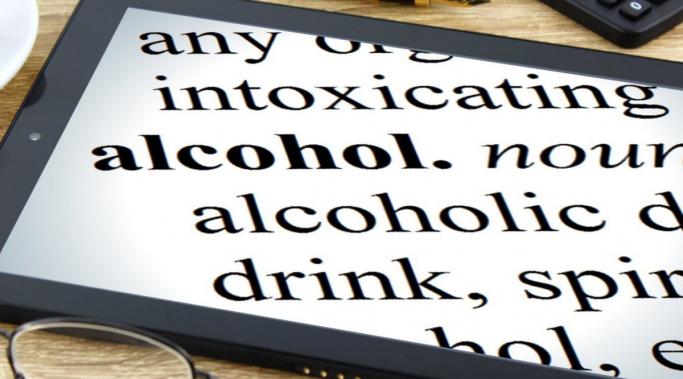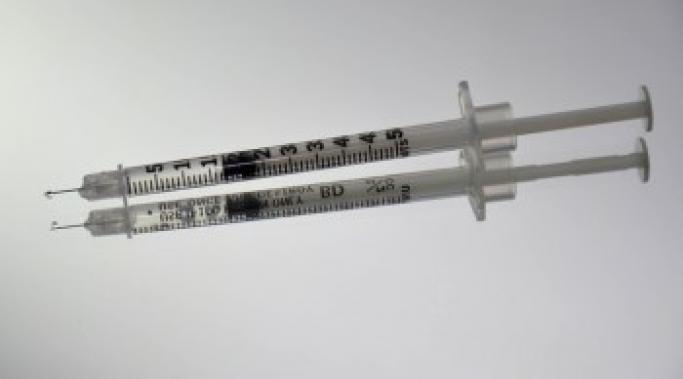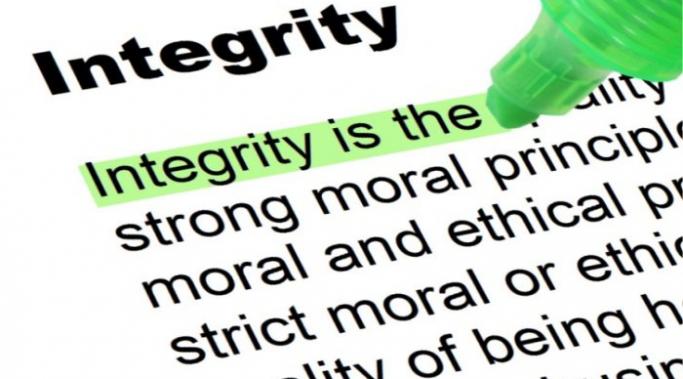Forgiveness in my addiction recovery is important for my emotional and spiritual health. Addiction recovery takes much more than just going through the treatment process to become whole again, but it did provide me with the tools necessary to live a life that is free of alcohol. When I completed treatment four-and-a-half years ago, I had to put those tools to work and still have to remain vigilant to keep my recovery alive and successful. In treatment, I learned about addiction, triggers, relapse prevention, and the need for honesty, acceptance, and gratitude. However, there was another key element that has furthered my addiction recovery progress even more – forgiveness.
Addiction Recovery
Addiction recovery isn't easy, but it can be much less difficult when you figure out which addiction recovery tools work best for you. Having recovery tools that you are familiar with and that you know work when you're struggling, is the key to successful addiction recovery (Coping Skills for Mental Health and Wellbeing). For me, there are several tools that I turn to when I am having a hard time or feeling down. I'd like to share the ones that work for me and then find out which addiction recovery tools work for you.
Learning to set limits in addiction recovery is vital for overall wellness (Applying Addiction Lessons When We Need a Hiatus). In knowing my own limitations, I have decided it is best for my addiction recovery to say goodbye as an author of Debunking Addiction.
Is there an addictive personality? The most recent research involving the addictive personality concept indicates no single, addictive personality type exists (Addiction Symptoms: Signs of an Addict). However, certain groups of traits seem to indicate predisposition to addiction.
Some teetotalers abstain from alcohol because the have a family history of alcoholism. Gillian Jacobs, Hal Sparks, and Joe Biden are a few famous names that attribute their sobriety to teetotaling because of a family history of alcoholism.
Watching sober friends relapse can be heartbreaking or challenging as well as enlightening and motivating. Personally, I have seen a handful of friends go back to drinking after six months or more of sobriety (Attitudes That Can Lead to a Drug or Alcohol Relapse ). In some cases, they convinced themselves they were not alcoholics and that they could manage their drinking. In other cases, they had always had some doubt as to the severity of their powerlessness over alcohol. And in a few other cases, the relapse seemed to come from nowhere. In reality, a relapse starts long before the first drink but it's not always easy to spot. Here are the lessons I have learned from watching sober friends relapse.
Safe injection sites are becoming more popular across the world (Heroin Abuse, Heroin Overdose). But only two exist in North America, both in Vancouver, British Columbia. So what are safe injections sites and what benefits and concerns do they bring?
Addiction recovery 12-step programs have many benefits and are widely popular. However, 12-step programs also attract a lot of criticism, and there are other addiction programs available for those who find fault with 12-Step programs. For me, the benefits of 12-step addiction programs far outweigh any drawbacks.
Honesty, open-mindedness, and willingness (H.O.W.) are the virtues essential to my recovery from alcohol addiction. Without any one, relapse becomes a very real possibility. Anyone who relies on these virtues can stay sober. It's all that separates recovering alcoholics from alcoholics who are still struggling to get sober. Maintaining the H.O.W. virtues allows for recovery from alcohol addiction but using them as tools in sobriety is neither pleasant nor easy, but it is possible.
Can you stay sober at a wedding? I think so. Weddings can present a challenge for sober folks (Sobriety Becoming the New Norm). Here are some tips for staying sober during wedding season.









